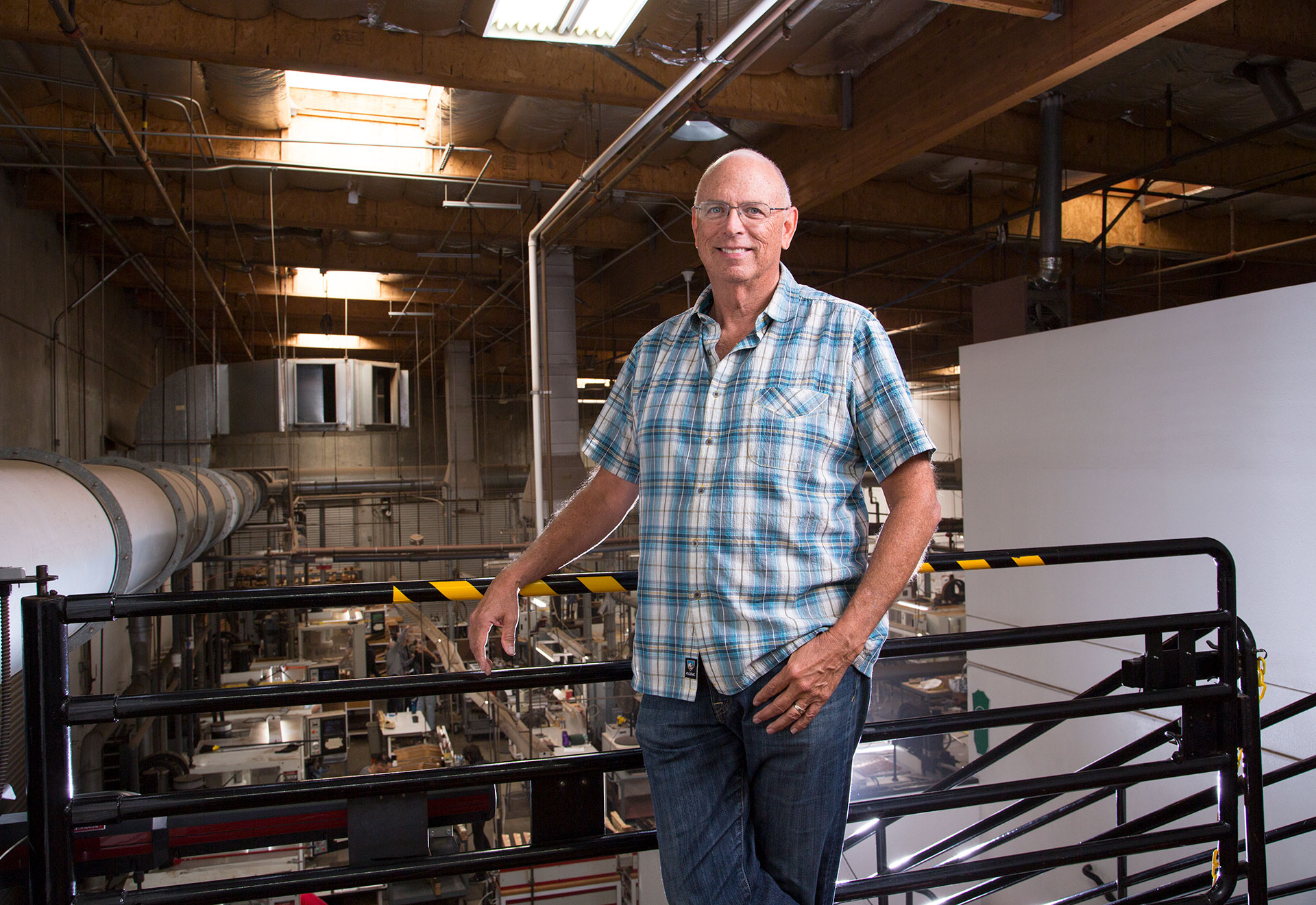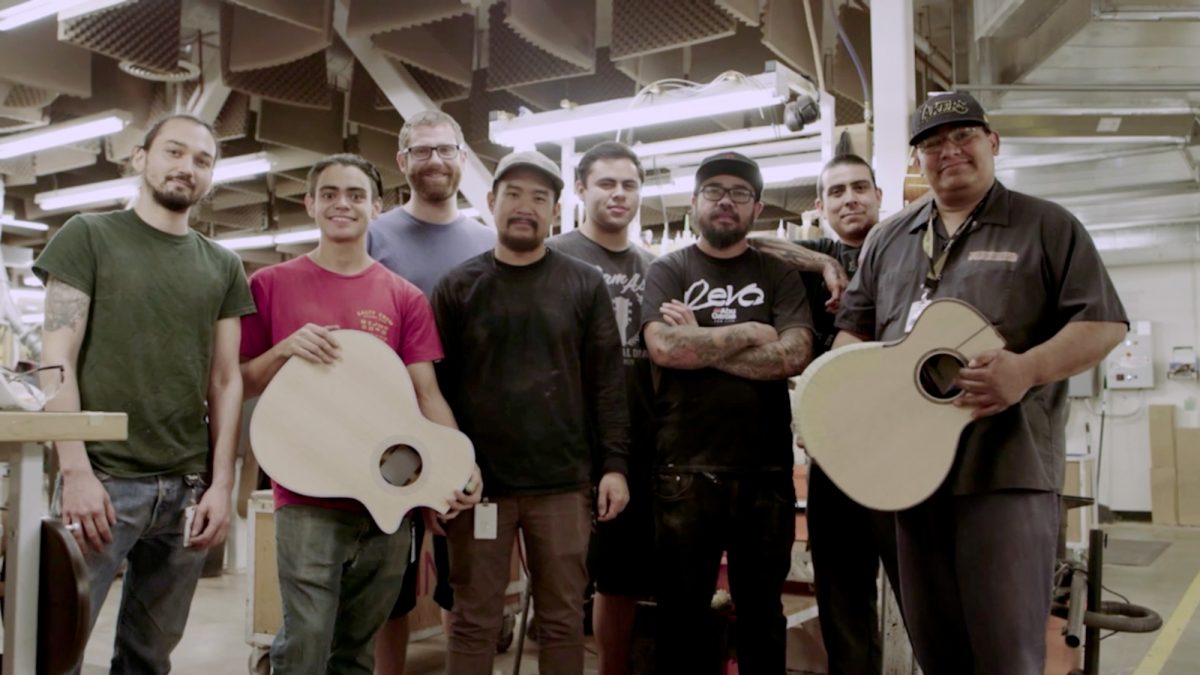You’ve probably heard the saying, “It’s not what you know, it’s who you know.” This adage is sometimes used in a positive light. For example, if you have a great idea that deserves to be known, it can express how fortunate you are that you happen to know someone who knows someone who can help bring your idea to life. By contrast, sometimes the connotation is negative, like when you hear of someone who escapes justice because of a personal connection to someone in a position of power, or someone who receives a promotion not based on merit but simply because they’re friends with the manager.
Both of these ideas are true, even at the same time. Since late February, I’ve been thinking of another part of this idea that is seldom mentioned. I may know someone who might help, but what does that person know about me? In the case of Taylor Guitars, we may know people who can help during these times, but what do they think about us? Are we coming to them to solve our emergency after we have already established a relationship of trust with them? Or are we asking for something that they feel pressured to grant when they don’t want to grant it, because they feel we haven’t yet earned their trust?
Navigating our worldwide challenges these last few months has relied heavily on the relationships we’ve formed and what those other people think about us. Our dealers trust us because of the service and quality we’ve given them, and we trust them to represent us well. So we were able to conduct one of the best sales promotions we’ve ever done, called “Taylor Days.” Dealers were astounded. When our sales team presented us with the plan, we trusted them. And so on.
“Navigating our worldwide challenges these last few months has relied heavily on the relationships we’ve formed and what those other people think about us.”
When we needed a skeleton crew working here and doing essential tasks at Taylor during the stay-at-home order, we could call the city authorities and seek permission. They trusted us. They granted it. We had never squandered their trust in 45 years, and we’ve participated in city needs and ideas, so they trusted us.
When we sought to help every Taylor employee to receive their governmental assistance, we went to California’s EDD (Employment Development Department) knowing them well. They trust us because of our positive collaborations in the past. Our Human Resources staff worked so hard to serve our employees by filling out all the forms, paving the way, and shepherding it all through the EDD, and they could call a real contact there, who was happy to help us. Our employees benefited greatly and have great trust in Taylor’s care of them. When we go to a forest in a far-off land and seek help from US Forest Service International Projects, they are eager to lend a hand because we’ve earned their trust and participated in their initiatives in the past.
I could go on naming dozens more examples, but let these suffice. There could be people who, depending on their point of view, might see some of these examples as favoritism. While we may be the favorite of some of those I mentioned (and we are), it’s because of the trust and respect we’ve worked so hard to build, not because they are our uncle, or because we give them money.
I say all of this because lately, more than ever, I’ve stopped to think a lot about us all needing each other. This is a sentiment that is offered up often during this time of COVID-19. Sure, we all don’t always agree, but if the relationships we’ve formed are stronger than our disagreements, we can work together toward a good outcome.
One of my very best friends in life, well, let’s just say he and I don’t agree on many political views, especially right now. But our friendship survives quite well because we don’t rely on that alone as a basis for being friends. We have so many other more important ties between us.
We at Taylor Guitars need all these people and relationships I’ve named, and hundreds I haven’t. But if there hasn’t been mutual trust built over the years, then we don’t deserve to pick up the phone, or send a text, or seek help from others in the ways that we’ve been able to receive it lately. The help we’ve obtained has been easy, and freely given, because we’ve cultivated strong relationships.
I’m writing this column today to express my gratitude to the leaders, business partners, vendors, customers, dealers, employees, our executive team, our managers and our other friends for being happy to support us here at Taylor Guitars, as we support them. I’m thrilled that we can ask and hear them say, “Yes, of course!” and that they tell us that we’ve earned that from them. That has been a bright spot for me lately, more than ever before.
A Toast to Guitar Makers
Bob reflects on why the Taylor “shop” is a special place and salutes his guitar-making peers all around the world.

